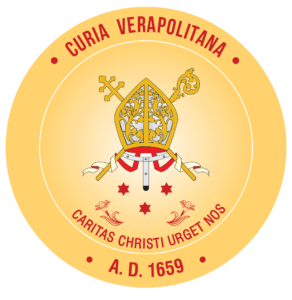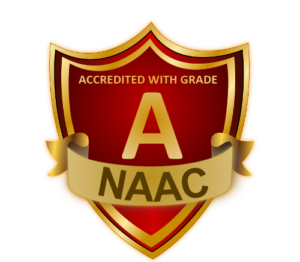Curriculum Feedback Analysis and Action Taken Report
The Curriculum Feedback Analysis and Action Taken Report is a comprehensive assessment of the feedback received regarding the college’s curriculum. It outlines the analysis of the feedback, highlights areas for improvement, and provides details on the actions taken to address the identified issues.
Institution regularly collects feedback from all the stakeholders and utilizes it for betterment of the performance. This is mainly done through organizing various meetings with the stakeholders and also through distribution of structured questionnaire at the end of every academic year. Students were divided into various groups with the support of the faculty and discussions were conducted with them primarily regarding the ways to enrich the existing curriculum. The compilation of the feedback was used for enriching the curriculum. The institution had organized a ‘Grand Alumni Reunion’ in the month of August 2019 and feedbacks were collected during this time. Discussions were conducted about the current issues of the curriculum, employability, future changes needed and the suggestions were considered during the preparation of action plan. Alumni feedbacks were also collected throughout the year during the visit of alumni to the institution for various programs and also as resource persons for programs organized by the respective departments.
The feedbacks from parents were mainly collected during the Parent Teachers Association (PTA) meetings with the help of the class teachers. Feedbacks about curriculum were collected to enhance the existing teaching-learning process. Feedbacks were also collected from the employers and this has helped to incorporate recent trends and emerging concepts into the curriculum. Prospective employers were also invited for various discussions in order to form a better understanding about the future demands with respect to their sectors. Faculty members of the institution often sit together for discussions about the curriculum and its implementation. They give inputs on recent developments and anticipated changes in the respective discipline. Many of their inputs were consolidated and presented in various BoS meetings attended by the faculty from our institution. At the end of the academic year structured questionnaire were also distributed to various stakeholders. This year due to the Covid 19 situation, IQAC and the feedback committee had distributed the structured questionnaire to various stakeholders using both online and offline modes. The mathematical accuracy of data analysis and compiling process was confirmed with the support of the Mathematics department of the institution
The data was collected and analysed by the feedback committee and IQAC. In general, positive feedback was received as all the stakeholders expressed their satisfaction with respect to the content and design of the curriculum. The relevant suggestions were listed out and these were discussed with the Principal. Since our institution is affiliated to Mahatma Gandhi University, Kottayam, we have to follow the syllabus designed by the university. So the listed suggestions from various stakeholders on curriculum revision were discussed with teachers who were members in Board of Studies and other Committees. After intense deliberations, feedback committee has made recommendations in the Action Taken Report which is shared with teachers and departments. This report is uploaded in the college website also as per the instruction of NAAC.
The Internal Quality Assurance Cell of the College collects and analyse feedbacks from students, parents, teachers, alumni and employers on various matters relating to academics and administration of the college. Curriculum feedback is a major part of such exercise. In 2017-18 there were 11 statements to capture the various aspects of curriculum design and implementation. Five-point Likert scale were used to assess the rating on various curriculum aspects. The results were further analysed using percentages and mean values.
Along with the structured questionnaire distributed to various stakeholders, institution also collected feedback using qualitative methods like organizing meetings and also through one-to-one interaction. In the present survey student participation was 70 percent and faculty participation were 100 percent. Out of the total questionnaires distributed to other stakeholders almost 60 percent filled it and returned to us.
The collected feedback is compiled by the IQAC and the reports were presented in the academic council. The summarized reports were also submitted to the governing body of the institution.
The institution collects feedback from its stakeholders regularly and incorporates the same in the decision-making process. Internal Quality Assurance Cell (IQAC) takes the initiatives in collecting the feedback from all the stakeholders. Feedbacks are collected using both quantitative and qualitative methods. Quantitative methods include distribution of structured questionnaire to the various stakeholders, result analysis and by conducting exit survey among students. Qualitative methods personal interview, observation method and group discussions.
Internal quality assurance cell (IQAC) of the institution is entrusted with the responsibility of collecting and compilation of the feedback from various stakeholders. The cell initiates the process by distributing structured questionnaire to all the stakeholders. The feedback is analysed with the support from faculty in Statistics and necessary actions are taken to make the existing system in the institution flawless.



